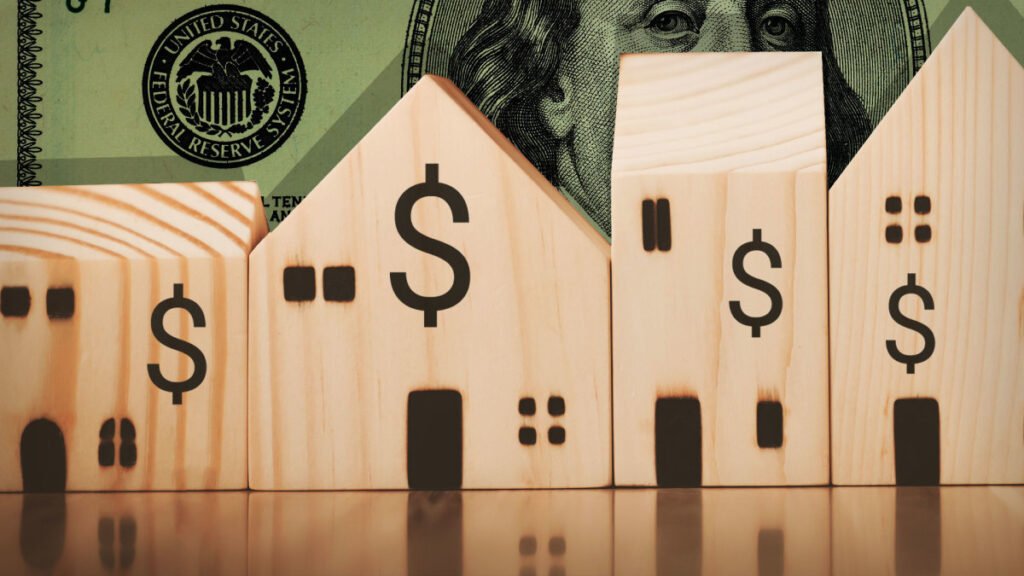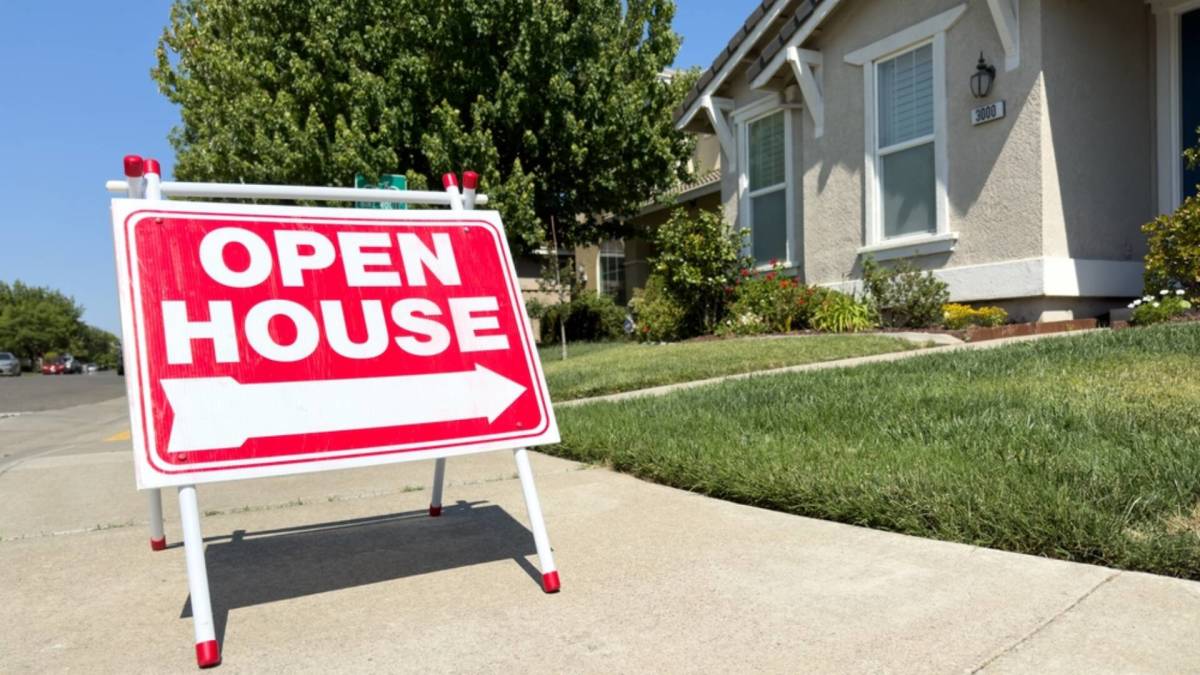During the 2008 financial crisis, 15 million Americans lost their jobs, and the subprime mortgage crisis caused the foreclosure of 4 million homes.
In response to the recession, the federal government enacted regulatory guardrails to avoid similar financial implosions. Fannie Mae and Freddie Mac were placed under financial conservatorship to stabilize the housing market and improve the financial health of both institutions.
🏦 🏡 Don’t miss the move: SIGN UP for TheStreet’s FREE daily newsletter 🏦 🏡
Fannie and Freddie function as government-sponsored enterprises (GSEs) that purchase mortgage loans from lenders to help improve housing affordability. However, the Trump administration recently revived efforts to transition both entities into publicly traded companies.
Billionaire fund managers like Bill Ackman have supported attempts to end the federal government’s financial conservatorship with Fannie Mae and Freddie Mac as a way to reduce the national debt.
Related: Warren Buffett’s Berkshire Hathaway predicts major mortgage rate changes for 2026
While this move could reduce liabilities on the federal balance sheet, it risks upending an already tenuous housing market — particularly amid persistently high mortgage rates.
Though an Initial Public Offering (IPO) for Fannie and Freddie would generate profits for shareholders and reduce the federal government’s financial burden, the cons far outweigh the pros.
Experts say taking Fannie Mae and Freddie Mac public would send mortgage rates surging
The Trump administration has committed to reviving the housing market and bringing down the cost of buying a home. However, efforts to pressure the Federal Reserve into lower interest rates and Treasury Secretary Bessent’s focus on bringing down the 10-year Treasury yield have proven unsuccessful.
President Donald Trump attempted to take Fannie and Freddie public in 2017 during his first term, but renewed efforts to do so would have disastrous consequences, according to housing experts.
Many young homebuyers are struggling to afford a home in this housing market, with the share of first-time buyers plummeting to a record low of 24% of the market, and the average homebuyer age jumped to 38. Homeownership has moved increasingly out of reach for many buyers, exacerbating sluggish housing sales.
The Wall Street Journal recently reported that a Fannie Mae and Freddie Mac IPO is underway, but many economists believe that move would upend the housing market as we know it.
More on homebuying:
- The White House will take surprising approach to curb mortgage rates
- Redfin says housing market bubble could deflate this year
- Warren Buffett’s Berkshire Hathaway sounds the alarm on the 2025 housing market
- Dave Ramsey predicts major mortgage rate changes are coming soon
In a statement to TheStreet, Realtor.com Senior Economist Jake Krimmel explains why taking Fannie and Freddie public would do more harm than good.
“The Trump administration’s potential move to IPO Fannie Mae and Freddie Mac later this year could mark a seismic shift in housing finance. But the longstanding assumption of an implicit government guarantee remains key for the financial system and consumers,” Krimmel said. “Historically, that perception has kept mortgage rates low and helped ensure access to mortgage credit for borrowers across income levels.”
Elevated mortgage rates are one of the main factors pushing homeownership out of reach and keeping the housing market gridlocked. If rates climbed even higher, it would diminish remaining homebuyer sentiment and make obtaining a mortgage loan even more difficult.
“If an IPO weakens the market’s belief that the government stands behind the GSEs in a crisis, mortgage costs could rise and access to credit could tighten, especially in a downturn,” Krimmel added.
Ending the Fannie and Freddie conservatorship threatens housing market stability and affordability
The salary needed to purchase a median-priced home in the U.S. rises every year, despite stagnating real wages. Homebuyers now need to make $112,131 annually to afford a standard home, yet that figure is about $25,000 more than the average household income.
Krimmel noted that removing Fannie Mae and Freddie Mac as the cornerstone of mortgage guarantees would raise serious regulatory concerns. “Will there be an explicit federal backstop, or regulatory mechanisms to replicate it?”
“The upshot is that Fannie Mae and Freddie Mac play a central role in keeping the mortgage market liquid and stable. Their presence helps extend access to credit and more broadly, they are essential to supporting homeownership across the country,” he continued.
Without a clear framework for how Fannie and Freddie would function as publicly traded companies without the federal government’s oversight, an IPO could jeopardize the long-term stability of the mortgage industry and the housing market itself.
“Without clear answers on how the IPO would affect Fannie and Freddie’s implicit guarantees of downside protection, their approach to managing risk, and their role within the existing regulatory environment, the worry is that the GSEs’ market role changes in ways that ripple through housing finance.”
Related: Fannie Mae predicts major mortgage rate changes are coming soon



















